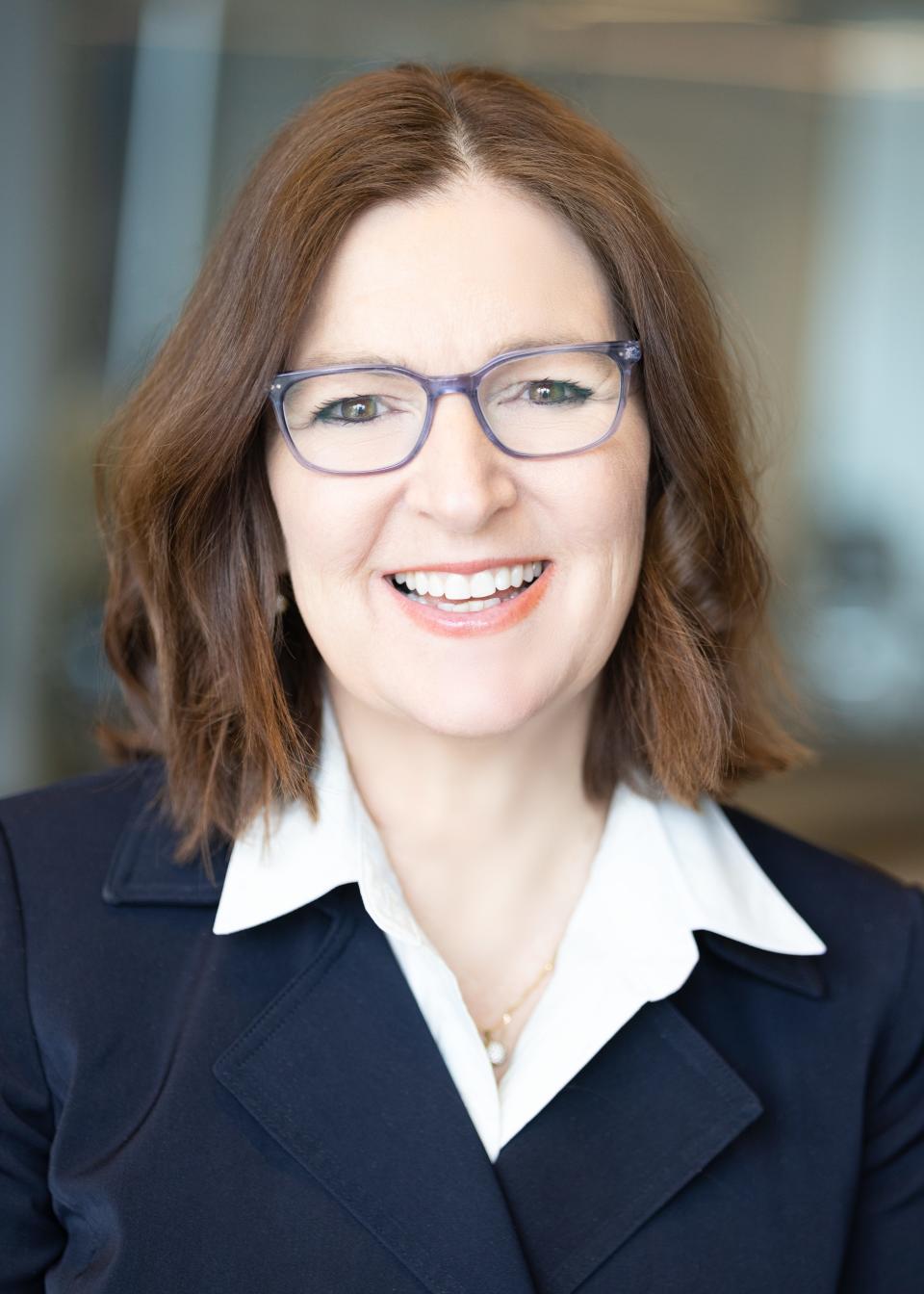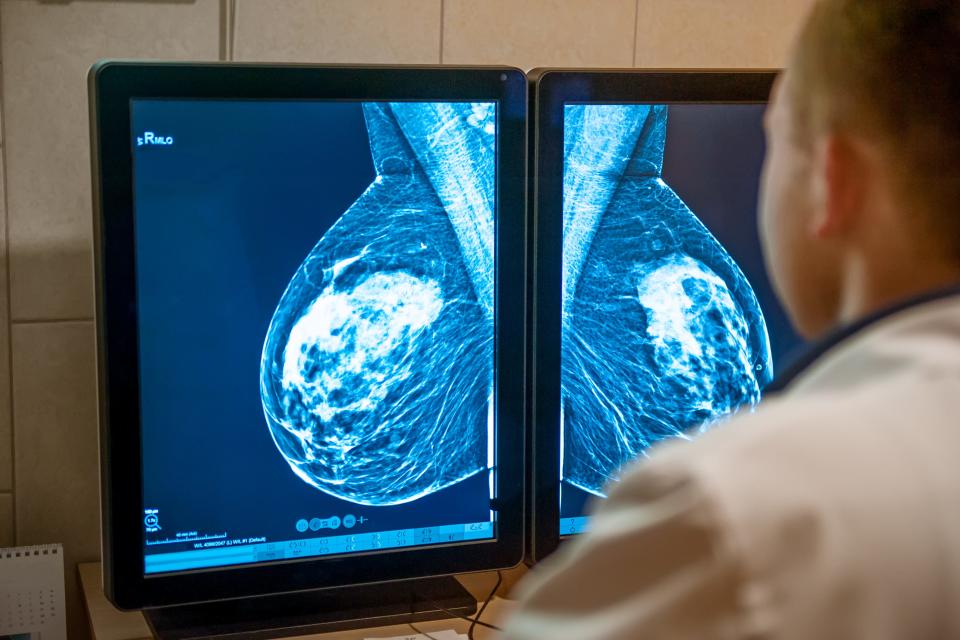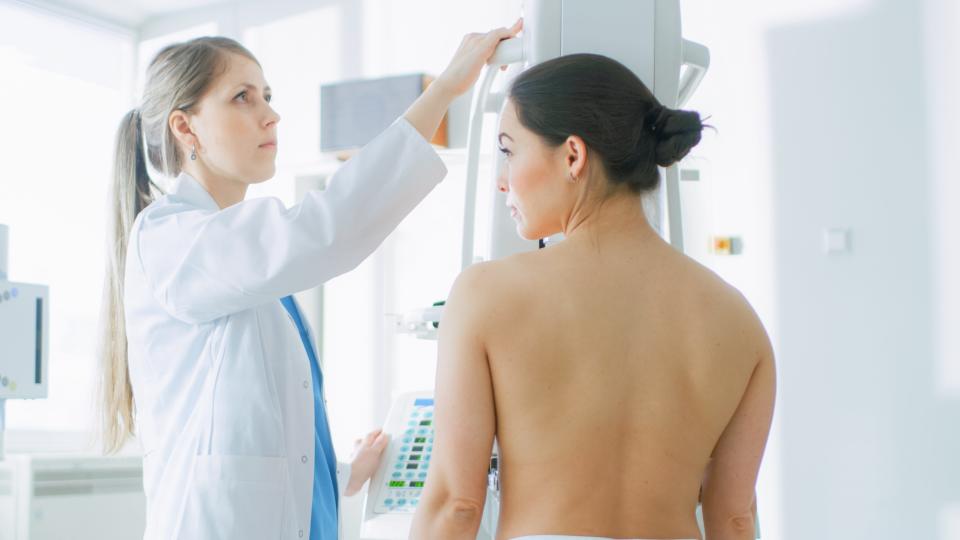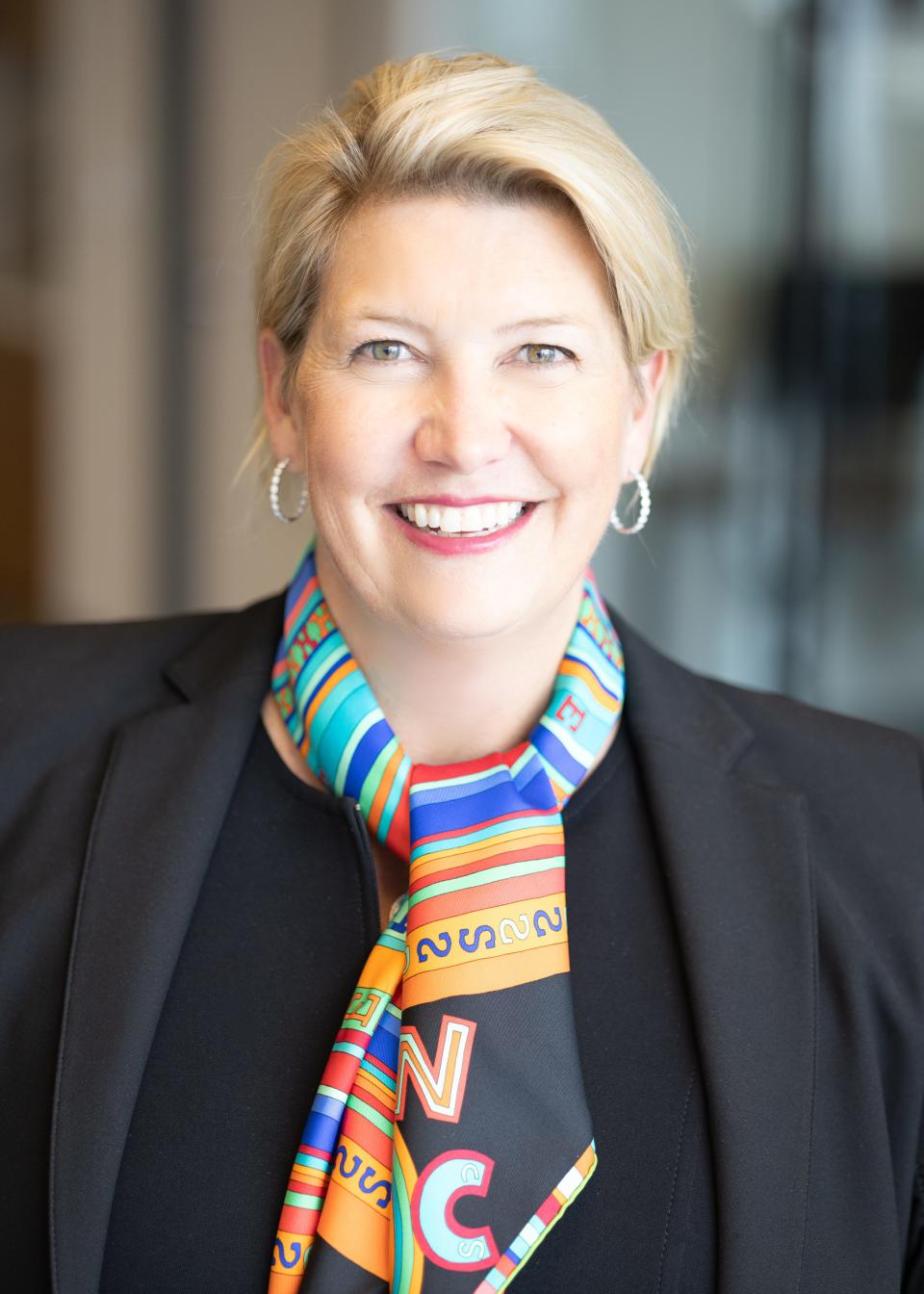Will you get breast cancer in five years? Austin-based Clairity working on predictive tech
What if a computer could look at your otherwise normal mammogram and predict whether you would develop breast cancer in five years?
That technology might help you get more rigorous and more frequent screenings to catch the cancer earlier and potentially save your life.
This is the idea behind Austin-based startup Clairity Inc. It's not a mammogram company. Instead it's a tech company that is developing artificial intelligence to allow a computer to look at mammogram images and predict which women are more likely to develop breast cancer in five years.

Clairity began in 2020 and was the idea of Dr. Connie Lehman, a professor of radiology at Harvard Medical School and the co-director of the Breast Imaging Research Center at Massachusetts General Hospital. She obtained funding from Austin-based Santé Ventures, which focuses on the intersection of health and technology.
Read: How to invest in artificial intelligence
Clairity has developed its deep learning algorithm by feeding the program 1.1 million mammogram exams from women in Germany, Brazil and the United States. Those mammograms were done by scanners from different manufacturers and on women of different ethnicities and breast tissue densities. Follow-up studies are training the AI on even more diverse populations that weren't represented initially in those three countries.

Clairity is also now testing the computer's artificial intelligence on exams of the same women from five years earlier and today, both those who have been cancer-free and those who have had cancer. The goal is to make sure the AI can accurately predict which women might develop breast cancer based on what is seen in that initial mammogram.
The computer is looking for things that might not be seen with the naked eye (cancer in its infancy), but that a computer can detect. It doesn't replace a radiologist reading the mammogram.
Watch: Experts look at impact of cancer screening delay
Based on the AI's prediction, the aim is for a woman and her doctor to set a more robust mammogram or ultrasound schedule than would be currently recommended.
"We're hoping to identify cancer earlier and find missed cancers," Clairity CEO Carrie Ivers Reeuwijk said.

Catching it earlier not only makes treatment and survival rates better, but also reduces the cost and length of treatments.
"We can catch those women who are being told they are not at risk," she said.
Clairity also hopes to ease the fears of some women who have assumed they had a higher risk but might not actually be at risk.
"I want to know what my risk is in context," Reeuwijk said. That's what Clairity is hoping to provide.
Clairity wants to replace the current risk factor chart and mammogram guidelines, which have been based on age and family history of mostly Caucasian women instead of on that actual woman's risks. Most women who develop breast cancer do not have a family history or a gene mutation.

"They assume they are low risk if they didn't have someone in their family (with breast cancer) or they don't have the BRCA gene," Reeuwijk said.
Other known risk factors include obesity, smoking, alcohol and poor diet, but Clairity also wants to find the women who develop breast cancer without any of those risk factors.
Reeuwijk envisions communities being able to focus their resources for mammograms on the women the AI identifies as having an elevated risk for cancer, as well as help allocate resources to the 30% of women who are not getting mammograms or the women who have put off getting a mammogram.
Opinion: Artificial intelligence could identify you and your health history from your step tracker
Clairity is working with the FDA to get approval, and is hopeful that will be done by the first half of next year, Reeuwijk said. FDA approval paves the way for doctors to order the use of the Clairity AI and for insurance companies to pay for it.
After breast cancer, Clairity will look into bringing the technology to other cancer screenings, such as lung cancer, or to certain cardiovascular or neurological screenings.
This article originally appeared on Austin American-Statesman: Austin-based Clairity may have found way to predict breast cancer risk

